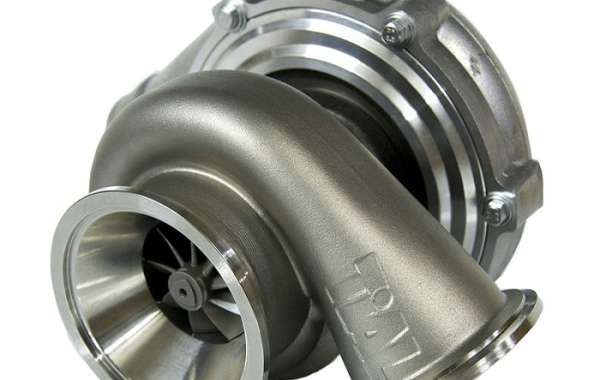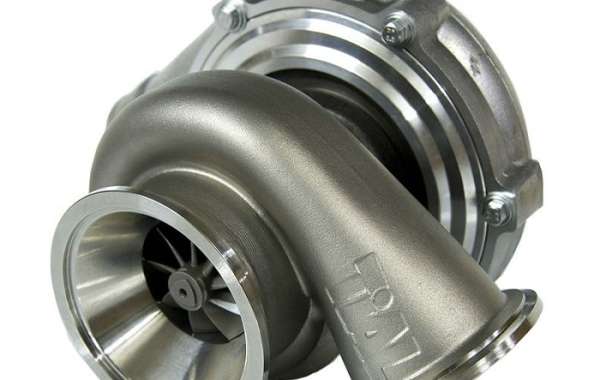Natural disasters, be they hurricanes, earthquakes, or floods, don't discriminate between houses and apartments. While apartment dwellers may not have to concern themselves with some issues that homeowners do, they have their own unique set of challenges to address. Preparation is crucial to ensure safety and minimize damage. Here’s how apartment residents can prepare for unforeseen natural catastrophes.
Understand Your Risks:
Depending on your geographic location, certain natural disasters may be more probable than others. Research the most common emergencies in your area. If you live on a coastline, hurricanes might be a concern; if you're near a fault line, earthquakes might be more prevalent.
Create an Emergency Kit:
Every apartment or outdoor living in Bellevue should have an emergency kit that includes essentials such as water, non-perishable food, flashlights, batteries, a first-aid kit, necessary medications, and important documents in a waterproof bag. Given the limited storage in many apartments, consider compact and portable solutions.
Formulate a Plan:
Discuss with family members or roommates about what to do in case of an emergency. This should include where to take shelter within the apartment, how to contact each other, and a meeting spot if you need to evacuate.
Stay Informed:
Invest in a battery-powered weather radio. Subscribe to local alert systems to get real-time information on your phone. Many municipalities have text or email-based alerts.
Safeguard Your Space:
#Windows: If you're in a hurricane-prone zone, consider investing in storm shutters or know how to board up your windows securely.
#Securing Items: In earthquake-prone areas, anchor heavy furniture to walls to prevent them from toppling.
#Flooding: Elevate electrical appliances off the floor if you live on a lower level in a flood-prone area.
Know Your Building:
Familiarize yourself with your building's safety features. Know multiple exit routes, and if you're in a high-rise, understand where the fire escapes are. It's also essential to identify safe zones within your building, like a basement during tornadoes.
Get Insured:
Renters insurance can cover personal property losses due to natural disasters. Understand what your policy covers and consider additional riders if necessary, like flood insurance.
Communicate with Your Landlord:
Property managers or landlords should have emergency protocols in place. Ensure you are informed about these procedures. For instance, in case of a power outage, is there a backup generator? How often are safety drills conducted?
Prepare to Shelter in Place:
There might be situations where it's safer to stay inside than evacuate. Ensure your apartment is equipped with supplies, such as extra water, blankets, and a multi-tool.








